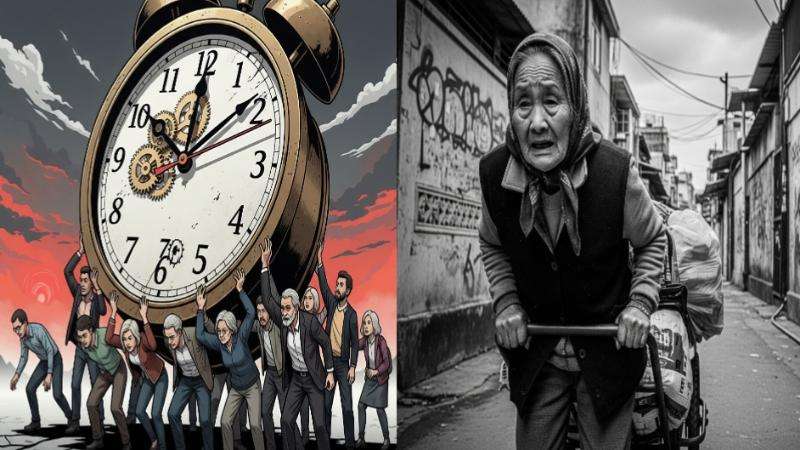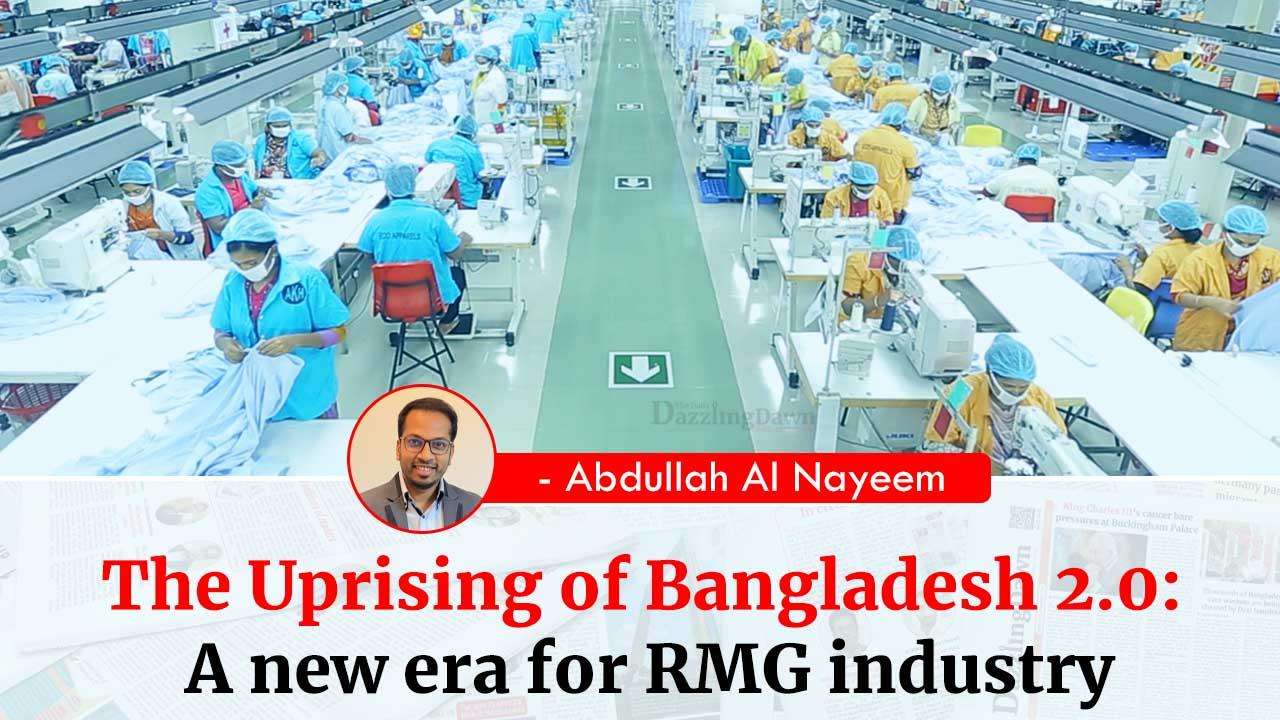The events of the past few months have placed Bangladesh under the global spotlight, drawing attention to its political developments and its crucial role in the international garment trade. Despite the challenges faced, there remains an undeniable sense of optimism about the country’s future, particularly within the ready-made garment (RMG) sector. This optimism is bolstered by the unwavering support of the international fashion industry, which has demonstrated solidarity with Bangladeshi suppliers during these turbulent times. But how can fashion brands continue to support their Bangladeshi partners and unlock the full potential of this golden opportunity while The Economist names Bangladesh country of the year 2024.
The Importance of Open Dialogue
Open communication is the cornerstone of any successful partnership. For fashion brands sourcing from Bangladesh, maintaining an ongoing dialogue with suppliers is critical. Regular check-ins and collaborative problem-solving sessions allow brands to understand the unique challenges suppliers face such as wage hike, disruptions in raw material supply or workforce shortages.
Transparent relationships build trust and enable both parties to align their goals and expectations. By fostering a culture of mutual support, brands can address operational hurdles more effectively, ensuring that their supply chains remain resilient.
Branding Bangladesh 2.0
This is an enormous opportunity for all the stakeholders to present Bangladesh with right information across the globe. Through regular presence on the international media, seminars, conferences and fairs which will help to avoid misinformation or propaganda. Initiatives such as launching EuroCham Bangladesh & hosting an international investment conference by BIDA in Dhaka mid-April 2025 to attract both local and foreign investments will be impactful.
Moreover, public statements from fashion brands and industry groups in support of Bangladeshi suppliers send powerful messages. Such statements reassure the international community that Bangladesh remains a reliable sourcing destination. Encouraging more brands to follow suit will amplify this message, showcasing the collective commitment of the fashion industry to Bangladesh’s growth and resilience.
Patience in Turbulent Times
Bangladesh is navigating a delicate transition under new leadership, with Muhammad Yunus sworn in as interim leader. While the signs are promising, rebuilding consensus and stability will take time. International stakeholders, including fashion buyers, must exercise patience and understanding during this period of healing and adjustment.
By standing by their suppliers, brands can play a vital role in supporting Bangladesh’s journey towards stability. This support not only strengthens industrial relations but also contributes to long-term economic growth.
Ensuring Financial Stability
A steady flow of orders and timely payments are critical for the financial health of Bangladeshi suppliers. The run-up to the Christmas season is particularly vital, as reduced orders or delayed payments could exacerbate financial strains. Brands can support their suppliers by maintaining consistent orders, offering advance payments, or providing favorable credit terms.
Such measures ensure that suppliers can meet payroll, purchase raw materials, and maintain operations, ultimately safeguarding jobs and livelihoods within the garment industry.
Diversification and Innovation in the RMG Sector
To remain competitive, Bangladesh’s garment industry must move beyond basic manufacturing. Investing in technology, skills development, and high-value products such as technical textiles and sports apparel will unlock new markets and reduce dependency on traditional buyers.
Diversification is crucial for increasing revenue and mitigating risks associated with over-reliance on low-margin items. Expanding into niche markets and producing higher-value products will position Bangladesh as a leader in the global garment trade.
Navigating Global Trade Dynamics
Donald Trump to power in the United States could significantly impact global trade dynamics. Increased tariffs on Chinese imports, including textiles, may prompt U.S. buyers to seek alternative sourcing destinations. Bangladesh is well-positioned to capitalize on this shift, thanks to its competitive pricing and robust manufacturing capabilities.
While Vietnam and India are also viable alternatives, Bangladesh has a unique edge. Rising labor costs in Vietnam and inefficiencies in India’s garment sector make Bangladesh an attractive option for U.S. retailers. The U.S., already one of the largest markets for Bangladeshi garments, could see increased imports, potentially surpassing the US$10 billion mark achieved in 2023.
Addressing Infrastructure Challenges
To seize this opportunity, Bangladesh must address its infrastructure shortcomings. Delays at ports, outdated road networks, and congested transport systems could undermine the country’s ability to meet the demands of international buyers. Improving infrastructure is imperative for ensuring timely deliveries and maintaining buyer confidence.
Strategic investments in infrastructure by both the government and private sector will streamline operations and enhance Bangladesh’s competitiveness in the global market.
Emphasizing Sustainability and Compliance with fair prices
Ethical practices and environmental responsibility are increasingly important to global buyers. Bangladesh must continue to prioritize labor standards, factory conditions, and sustainable practices to maintain its competitive edge. Investments in renewable energy and green technologies will not only attract environmentally conscious buyers but also cement Bangladesh’s reputation as a responsible sourcing destination. Simultaneously fair pricing is one of the key topic which needs to address to fashion brand in more collaborate way while emphasizing on sustainability and compliance practices.
Strengthening Industrial Relations with Strategic Government Policies
The International Labour Organization (ILO) has proposed reforms to address labor unrest, highlighting the importance of constructive social dialogue. Implementing these reforms is vital for enhancing productivity and worker satisfaction, ensuring long-term stability within the garment industry.
Proactive trade negotiations with the U.S. and other key markets will be crucial for securing favorable terms and attracting buyers. Government support in the form of policy incentives, infrastructure development, avoid political Ribery and compliance monitoring will play a pivotal role in driving the industry’s growth.
In short, the challenges of 2024 have presented Bangladesh’s garment industry with a unique opportunity to reset and innovate. By addressing critical issues such as infrastructure, sustainability, and diversification, reinforcing law & order, the industry can position itself as a stronger player on the global stage by 2025.
The potential shift in U.S.-China trade relations represents a pivotal moment for Bangladesh. With careful planning, strategic investments, and a commitment to overcoming its challenges, Bangladesh can solidify its position as a key player in the global garment trade. This golden opportunity, if managed wisely, promises to deliver economic growth and prosperity for millions of workers and their families, ensuring a brighter future for the nation.
----
Author: Abdullah Al Nayeem,
Merchandise Management Professional & Contributing Writer








.svg)

